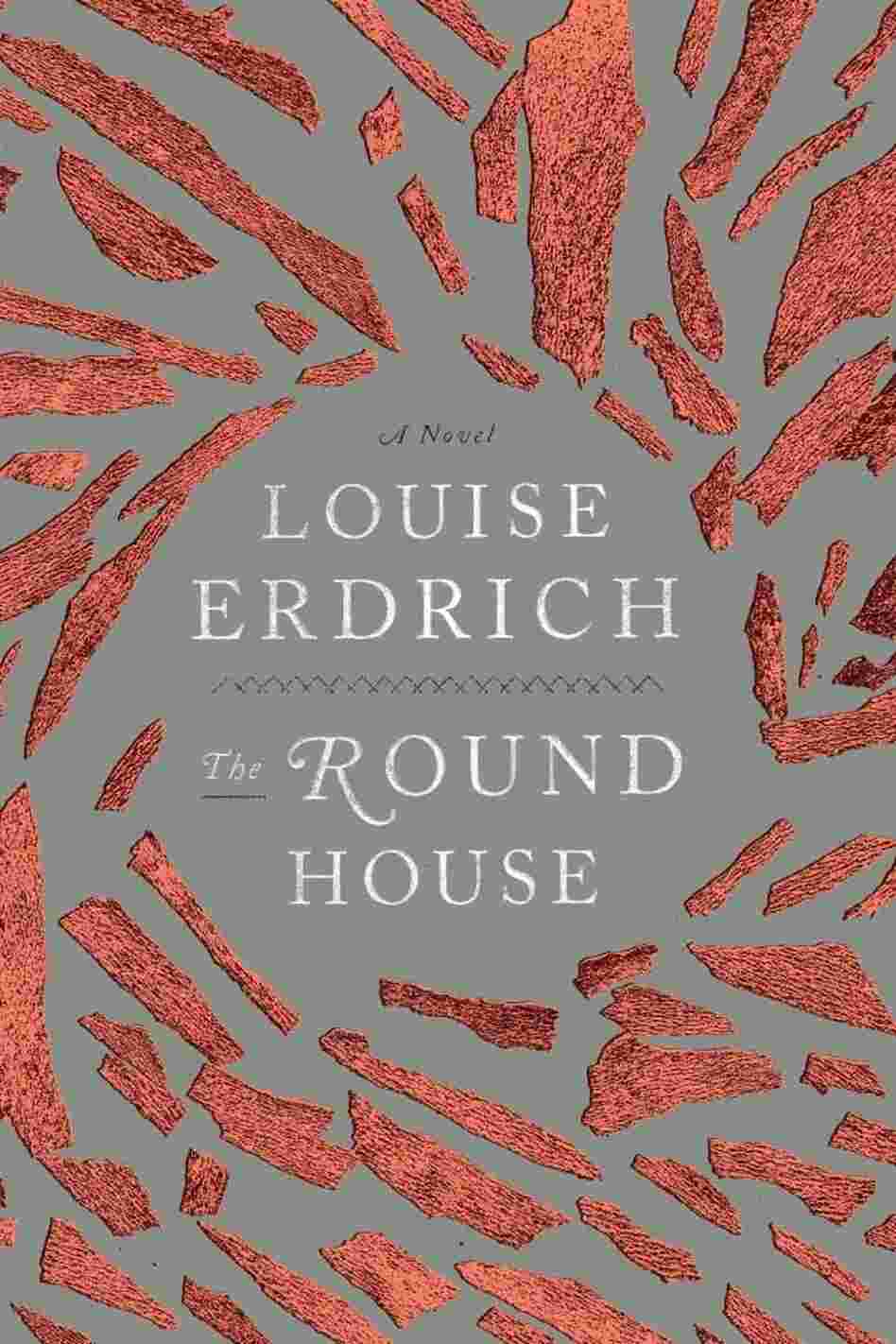 First of all, I need to say that I am an Edith Wharton fan. She is probably
my favorite author ever. So, stating that, I really, really loved this
book, which is historical fiction about her life...and somewhat about her work.
First of all, I need to say that I am an Edith Wharton fan. She is probably
my favorite author ever. So, stating that, I really, really loved this
book, which is historical fiction about her life...and somewhat about her work. The novel is told from the point of view of both Wharton herself and Wharton's assistant/secretary/confidant Anna, who was more like a mother to Edith than Edith's own mother ever was. Aside from being a friend and constant companion, Anna helped Edith with her writing...by typing her pages but also by offering her tips on story structure and character development.
Though Anna is technically a servant, Edith and Anna are quite close...but when Edith begins to stray away from her marriage into the arms of another man (who Anna believes is a cad and a gold-digger), Edith begins to question Anna's loyalty.
Author Jennie Fields does a good job of immersing the reader in Wharton's real-life world...of luxury, decadence and affluence--summers in the Berkshires (at her home in Lenox, MA), winters in Paris, other times in-between in New York. I have been to The Mount, Wharton's Berkshires home, and the descriptions of life on that estate are filled with all of the true natural beauty of that setting. Fields really captures the vivid realty of what Wharton's life could have been like at the beginning of her successful writing career. The character development between Edith and Anna is realistic and the progression of their relationship is believable. The ending could have been a little stronger, but for the most part, this is an excellent story about the lavish and spoiled lifestyles of this era, much like Wharton used to do in her own novels.





